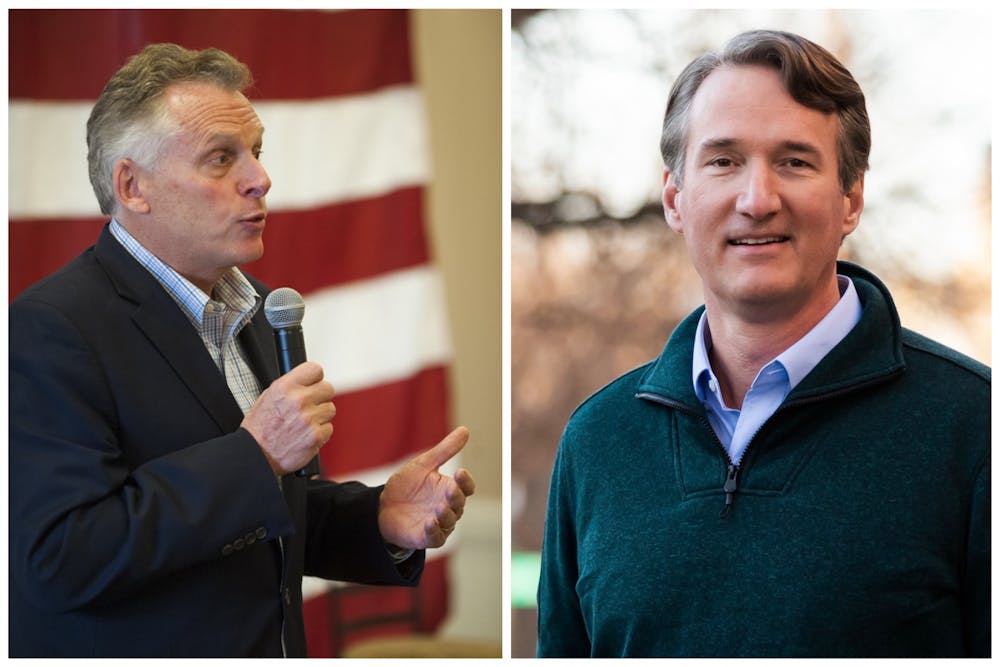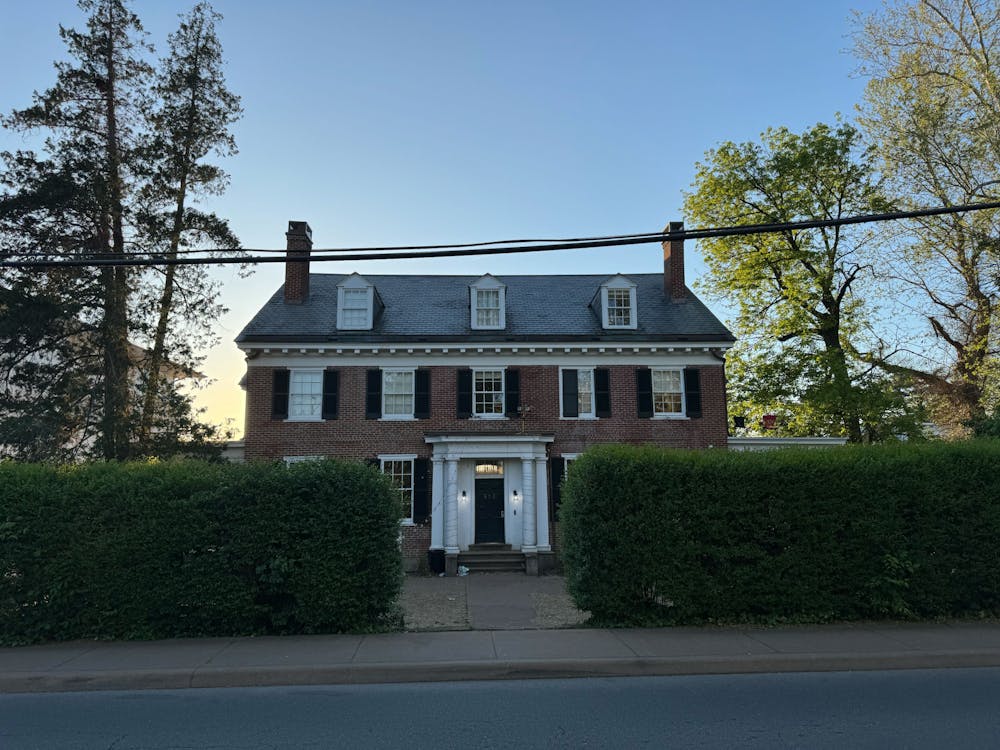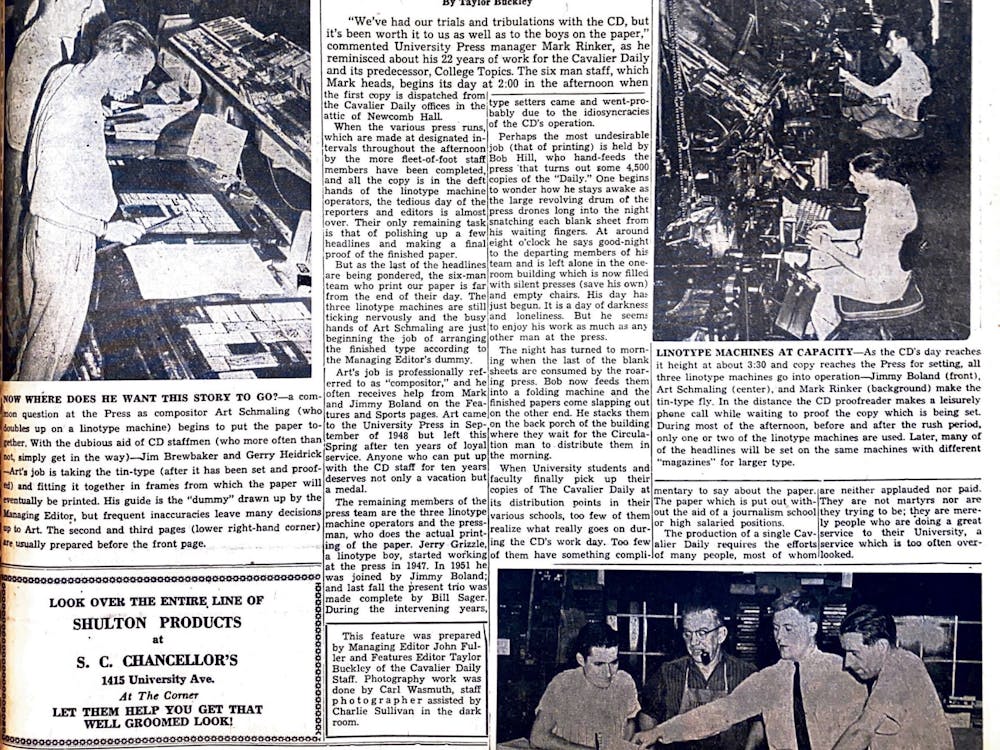Former governor Terry McAuliffe won the Democratic nomination for governor with 62.2 percent of the vote as of Tuesday evening. House of Delegates member Hala Ayala received the Democratic nomination for Lieutenant Governor with 37.5 percent of the vote, and current Attorney General Mark Herring won the Democratic nomination for attorney general with 56.6 percent of the vote.
McAuliffe served as Virginia’s 72nd governor from 2014 to 2018. According to his website, McAuliffe’s key platform issues include ensuring equitable education, rebuilding after COVID-19 and fighting climate change. Ayala’s platform includes access to affordable healthcare, criminal justice reform and women’s rights. If elected, Ayala will be Virginia’s first female lieutenant governor.
According to the Virginia Department of Elections, approximately 364,000 people have voted in-person and 121,029 turned in early votes so far, for a total of approximately 485,000 voters or about 8 percent of eligible voters. These numbers follow 2020 trends of higher absentee voting numbers than in past elections — because of the pandemic, many states encouraged voters to vote by mail, and Virginia allowed absentee ballots to be turned in without the usual required excuse.
In the 2017 Democratic primaries, 26,575 individuals voted early and 516,241 voted in-person for a total of 542,816 votes or 9.9 percent of eligible voters.
Former House of Delegates member Jennifer Carroll Foy came in second place in the governor primary race with 19.8 percent of the vote. House of Delegates Member Sam Rasoul took second place for the lieutenant governor race with approximately 24.2 percent of the vote.
McAuliffe will run against Republican nominee Glenn Youngkin, who won the Republican primary. Six other nominees ran against Youngkin and were eliminated one by one in the ballot counting process — businessman Pete Snyder and State Senator Amanda Chase received the second and third highest number of votes, respectively.
Former House of Delegates member Winsome Sears won the Republican lieutenant governor nomination race. If elected, Sears will be the first Black woman to hold statewide office in Virginia. Six others ran against Sears for the lieutenant governor nomination and the race was eventually whittled down to Sears and former House of Delegates member Tim Hugo.
House of Delegates member Jason Miyares won the Republican nomination for Attorney General against three other candidates — lawyers Leslie Haley, Chuck Smith and Jack White.
The Republican party did not hold a traditional primary election this year, and instead opted to hold an “unassembled convention” in which registered party delegates could cast their votes in a ranked-choice ballot in drive-thru locations around the state. Approximately 54,000 Republicans are registered as delegates and about 30,000 cast ballots in the race, or 56 percent.
Youngkin or McAuliffe will succeed current Governor Ralph Northam, who cannot run for reelection as Virginia laws stipulate single non-consecutive terms for the governor in the Commonwealth.





